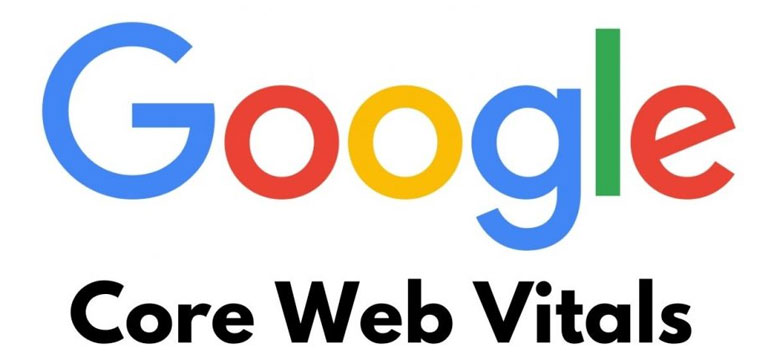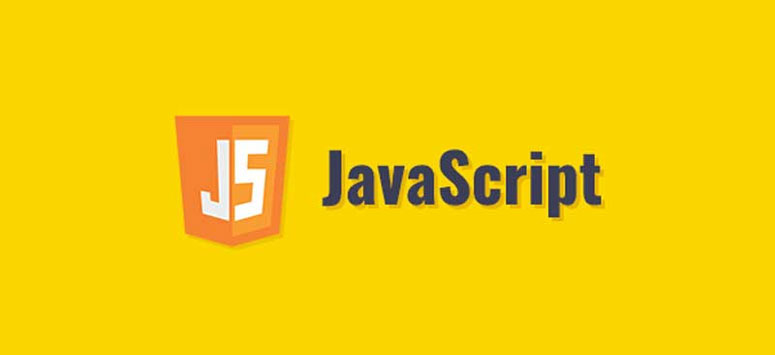Ranking well on Google is absolutely key to being a success online in business. Whether it’s ranking locally, or worldwide, sitting at the top of the tree when it comes to relevant search terms can really catapult revenue.

But that is certainly a lot easier said than done. The search engine has a huge range of ranking factors, and the most important of those are Core Web Vitals.
You’ll find plenty of in-depth information on Google’s Core Web Vitals online, but ultimately they are made up of three categories:
- Large Contentful Paint (LCP): This measures the time it takes to load the largest content element on a webpage.
- First Input Display (FID): This is a measure of how quickly the page will respond to a user’s action on a webpage.
- Cumulative Layout Shift (CLS): This is a measure of the unexpected movement of a page’s content when viewing a webpage.
There are further details on these, and how they work in the hyperlink above, also explaining what constitutes a good score in the eyes of Google. You can find these scores in the Search Console, and if you’re looking to improve on them, then here is a good starting point…
Compress your images
If you need to improve your LCP score, then compressing images into smaller files is a solid first step to take. By compressing images you will take up less space, without overly compromising on image quality, you will give Google less to render and ultimately speed the process up.
Work with a reliable web host
Sometimes it’s simply a case of working with the experts. People that are reliable and know what they are doing.
Cheaper hosting plans can often be costly in terms of performance, so before you go all out cutting costs, do consider the impacts that may have. You are much better off investing in a web host that will ensure your Core Web Vitals scores are optimised, and ultimately you’ll see the return much quicker in the long run.
Stabilise your images
When it comes to CLS, a good way to immediately see an increase in score is by attributing height and width sizes to your images and videos. This will prevent them from moving across a page, while identifying space for them with CSS aspect ratio boxes will also prove helpful and prevent other areas of a page’s content shifting once they’ve loaded.
Reserve space for adverts
This is also similar for any advertising you’re looking to feature on your website. Adverts that are dynamic can cause your content to shift, thus affecting your CLS score.
By reserving advertising spots, your content won’t shift once the advert is loaded, much like adding CSS aspect ratio boxes as mentioned above.
Reduce JavaScript load times
Google will expect to load content in a matter of milliseconds. But large JavaScript files can add to that.

Therefore, it can be a useful task to remove any unimportant JavaScript files as well as identifying the biggest. There are a number of tools that can help with this, including Google Lighthouse.
Of course, it’s not always possible to remove JavaScript files, they may play an important part of your page, so consider how important each one is and adjust your site accordingly.
Eradicate unused plug-ins
Again, consider what you use on your site and what you don’t. Sometimes a spring clean can really improve your LCP, particularly when it comes to the plug-ins on your site.
The more plug-ins you have, the harder your browser has to work to load a page, so having ones attached to your site that you don’t need or aren’t using can be costly to your Core Web Vitals score.
Go into your site and simply remove any old plug-ins or ones you aren’t using anymore and start to trim down your webpage.


Comment Policy
Your words are your own, so be nice and helpful if you can. Please, only use your REAL NAME, not your business name or keywords. Using business name or keywords instead of your real name will lead to the comment being deleted. Anonymous commenting is not allowed either. Limit the amount of links submitted in your comment. We accept clean XHTML in comments, but don't overdo it please. You can wrap code in [lang-name][/lang-name] tags.